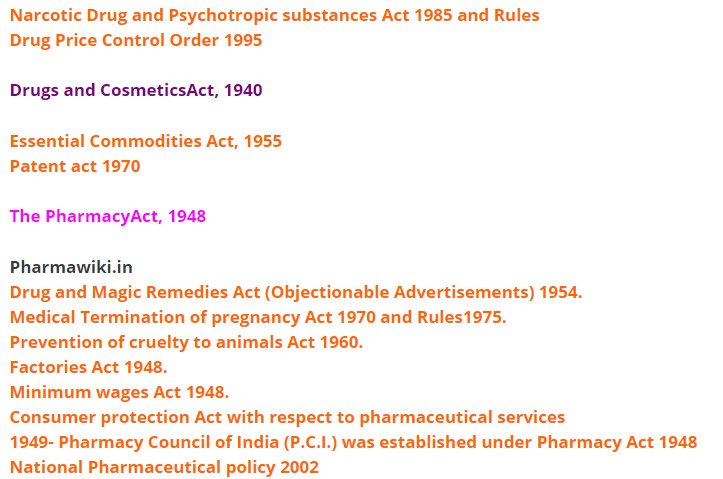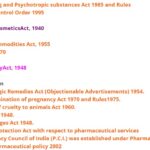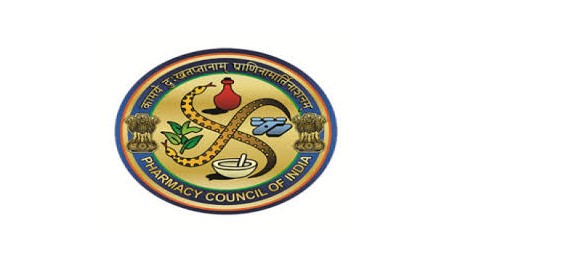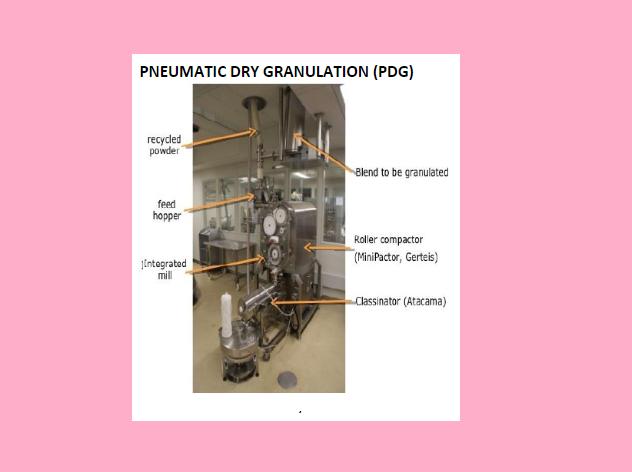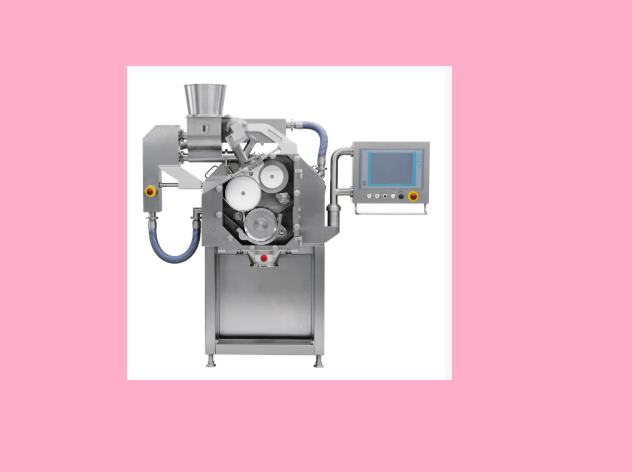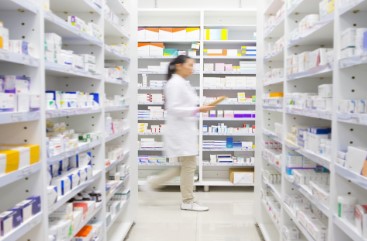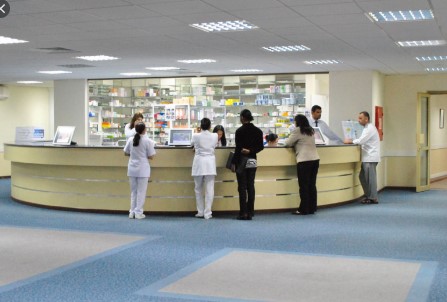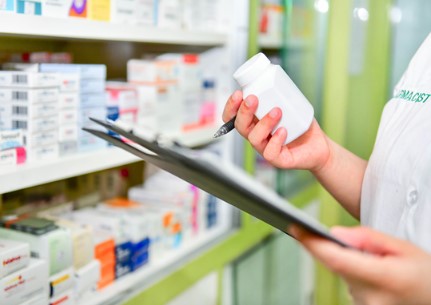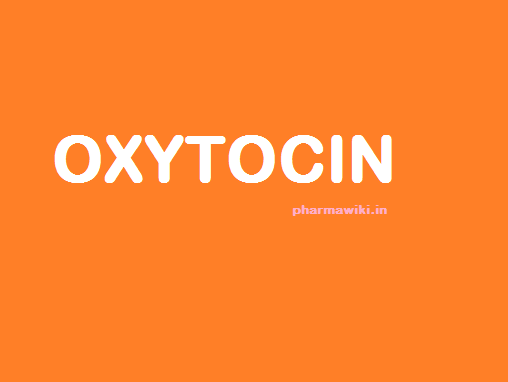What are AI applications in Pharmaceutical sector?
Artificial Intelligence (AI) has a significant impact on the pharmaceutical sector, with applications spanning from drug discovery to supply chain optimization. Here are some of the key applications of AI in the pharmaceutical industry:
AI in Drug Discovery and Development
AI can analyze large datasets and molecular patterns to discover new molecules and compounds that may be useful for treating diseases. It accelerates the drug discovery process by predicting the interaction of drug molecules with biological systems, which can lead to the identification of potential new drugs[5][7]. AI models can be trained in biochemistry to assist in this process, and some pharmaceutical companies have started clinical studies of AI-designed molecules[7][8].
Artificial Intelligence (AI) is making significant strides in the field of drug discovery and development, with various applications that are transforming the process. Here are some of the current developments and applications of AI in this sector:
AI-Driven Drug Discovery
AI is being used to analyze vast chemical spaces and identify new drug molecules. For example, Iambic’s technology has led to the discovery of four AI-discovered molecules, with two candidates expected to enter clinical trials in 2024[1]. AI’s ability to automate both chemical and biological experimentation is proving to be a game-changer in the field.
Generative AI for Drug Design
Generative AI is being utilized to identify molecular targets for drug compounds, generate novel drug candidates, and estimate the binding efficacy of these candidates. This approach has led to the first AI-discovered drug reaching phase 2 trials, significantly reducing the cost and time traditionally required for drug development[1].
AI in Chemoinformatics
AI is playing a crucial role in chemoinformatics, which includes quantitative structure-activity/property relationship, de novo molecular design, and chemical synthesis prediction. Deep learning-based approaches are beginning to address fundamental problems in drug discovery, although there are challenges such as data representation and learning paradigms[2].
Data-Driven Drug Development
Data analytics and AI are enabling researchers to gain deeper insights into diseases, leading to the design of more targeted and effective therapies. Data-driven initiatives are expected to expedite the drug development process and enhance patient outcomes[3].
AI Integration in Pharma
AI is being integrated across various sectors of the pharmaceutical industry, from drug discovery to product management. This integration is accelerating growth and leading to revolutionary changes in the industry[4].
Clinical Relevance of AI-Assisted Drug Development
AI-assisted drug development is on the horizon, with progress in applications such as de novo molecular design, structure-based drug design, and pre-clinical and clinical development. Biomedical datasets coupled with deep learning models are being used to discover drugs and their clinical applications[5].
Market Growth
The AI in drug discovery market is projected to grow from $0.9 billion in 2023 to $4.9 billion by 2028, with a CAGR of 40.2%. This growth is driven by the need to control drug discovery and development costs and reduce the time involved in the process[7].
Reality Check
Despite the potential of AI to accelerate drug discovery, there is a need for a reality check. Some AI-aided drugs have failed in phase 3 trials, and there is skepticism about the technology’s ability to generate misleading data. The industry and academia are working together to determine how AI can be best utilized in drug discovery[8].
In conclusion, AI is revolutionizing drug discovery and development by optimizing experiments, enabling virtual screening, and reducing the time and cost involved in developing new drugs. However, the technology is still evolving, and its full potential is yet to be realized. The industry is cautiously optimistic, with ongoing research and development aimed at harnessing AI’s capabilities to the fullest[1].
AI in Drug Delivery Systems
AI is used to develop and optimize drug delivery systems. By integrating AI with big data, researchers can identify potential risks and challenges associated with drug delivery systems early on, allowing for proactive modifications to optimize drug efficacy and minimize risks[1].
AI in Manufacturing Process Improvement
AI technologies are leveraged to innovate and improve pharmaceutical manufacturing processes. This includes automated cell positioning, predictive modeling, and control of cell culture, which can lead to more efficient production and reduced chances of issues[4][6].
AI in Supply Chain Optimization
AI helps pharmaceutical companies optimize their supply chains by making intelligent predictions of demand, optimizing logistics and inventory, and detecting trends in new products. This can lead to better decision-making and anticipation of market trends[5].
AI in Clinical Data Processing
AI is used to process biomedical and clinical data, which can improve the understanding of diseases and treatment outcomes. This can also include the prediction of pandemics and seasonal illnesses, helping companies prepare their supply chains accordingly[3][8].
AI in Personalized Medicine
AI enables more personalized and authentic engagement with patients by processing data and automating workflows efficiently. This can improve business performance and patient care[2].
AI in Clinical Trials
AI can improve clinical trials by identifying the right testing groups, conducting successful drug trials, and improving drug adherence and repurposing options. It can also automate the research and cross-reference of scientific materials with clinical trial results[6].
Artificial Intelligence (AI) is currently being used in various aspects of clinical trials, with several advancements and applications noted in recent times. Here are some of the key applications and developments:
Patient Recruitment and Cohort Composition
AI can improve patient recruitment by identifying and screening potential participants based on specific criteria[9]. It can also enhance the suitability of cohort composition through protocol enrichment and biomarker verification[1]. AI and Real-World Data (RWD) can support decisions about the target patient population of a clinical trial, refining trial eligibility[6].
Clinical Trial Design
AI is being used to reshape clinical trial design. It can inform clinical trial eligibility criteria, enhance the diversity of participants, and reduce sample size requirements[7]. AI can also be used to analyze past and present trial data to inform future research, with machine learning able to suggest better study designs[8].
In-Silico Trials
In the field of oncology, AI is being applied to build In-Silico trials, which use clinical data to build simulated cohorts that model treatment effectiveness[1].
AI-Generated Drugs
AI has been used to generate novel drug designs. For instance, Insilico Medicine has two drugs in the clinical stage that have been partially generated by AI[2].
AI-Powered Study Protocol Drafting
AI is transforming the initial stages of clinical research, where it is being used to create study protocols. AI algorithms can ingest data from internal sources and scientific literature to draft study protocols[4].
Monitoring and Analysis
AI can automate remote monitoring to identify outliers and suggest the best route of action[8]. It can also be used for data analysis, pattern recognition, and identification of potential adverse events[9].
Regulatory Oversight
The U.S. Food and Drug Administration (FDA) has recognized the transformative potential of AI in healthcare and is preparing for a future where AI is at the forefront of clinical research[4].
In summary, AI is being increasingly integrated into clinical trials, enhancing various aspects from patient recruitment to trial design, monitoring, and analysis. However, it’s important to note that the use of AI in this context is only as good as the data it gets[10]. As AI continues to evolve, it is expected to further transform the landscape of clinical trials[5].
Monitoring and Predictive Analytics
AI can predict sepsis and other medical conditions, which is crucial for patient monitoring and treatment. Predictive analytics in AI can also help in anticipating drug inventory needs and managing drug inventory more effectively[8].
In summary, AI is transforming the pharmaceutical industry by enhancing drug discovery, optimizing manufacturing processes, improving supply chain management, and personalizing patient care. The use of AI in the pharmaceutical sector is expected to continue growing, with companies making significant investments in AI technology to innovate and improve their businesses[4][7].
AI in Monitoring and Predictive Analytics: Current Uses
AI is currently being utilized in various sectors for monitoring and predictive analytics, including healthcare, pharmaceuticals, network monitoring, and more. Here are some of the ways AI is being used:
Healthcare and Pharmaceutical Industry
Drug Safety Monitoring:
AI is transforming drug safety monitoring by analyzing large datasets to identify patterns that may signal adverse drug reactions, thus enhancing decision-making in clinical trials[4][8].
Clinical Trials
AI algorithms can analyze patient data and medical records to identify suitable candidates for specific trials, predict trial outcomes, and enable remote monitoring[3][7].
Pharmacovigilance
AI-driven tools are used to improve the detection and analysis of adverse reactions, ensuring medicine safety throughout a drug’s lifecycle[8].
Network Monitoring
Predictive Analytics**: AI is revolutionizing network monitoring by anticipating network issues and predicting potential threats, which helps businesses ensure network stability, uptime, and security[12].
Predictive Analytics Tools
General Tools**: Predictive analytics tools like Altair AI Studio, H2O Driverless AI, and IBM Watson Studio are being used across industries to forecast future outcomes and trends[1].
No-Code AutoML**: Vendors are improving tools for no-code AutoML, which automates the creation and testing of various models, making predictive analytics more accessible[1].
Business Optimization
– **Customer Behavior Prediction**: AI is used to predict customer behavior such as churn, retention, lifetime value, and satisfaction, which helps in improving marketing, sales, and customer service strategies[5].
Challenges and Future Developments
Regulatory Oversight**: The FDA is preparing for a future where AI is at the forefront of clinical research, recognizing its transformative potential in healthcare[4].
Integration with IoT
Predictive analytics is expected to integrate with AI and IoT, allowing for more intelligent and self-healing networks[12].
In summary, AI is being used for predictive analytics in various ways, from enhancing drug safety monitoring and clinical trial processes in the pharmaceutical industry to improving network performance and business decision-making across different sectors. The technology is advancing, with greater automation and integration with other technologies like IoT, and is expected to continue transforming these fields[1][3][4][5][8][12].
References:
[1] https://www.ncbi.nlm.nih.gov/pmc/articles/PMC10385763/
[2] https://www2.deloitte.com/us/en/pages/life-sciences-and-health-care/articles/ai-in-pharma-and-life-sciences.html
[3] https://www.sartorius.com/en/knowledge/science-snippets/the-trending-role-of-artificial-intelligence-in-the-pharmaceutical-industry-599278
[4] https://www.pharmaceutical-technology.com/data-insights/artificial-intelligence-in-pharma/
[5] https://www.knowmadmood.com/en/blog/12-uses-of-artificial-intelligence-in-the-pharmaceutical-industry/
[6] https://viseven.com/artificial-intelligence-in-pharma-industry/
[7] https://www.forbes.com/sites/forbestechcouncil/2023/05/22/artificial-intelligence-the-pharmaceutical-industry-and-their-future/?sh=58d088984f99
[8] https://research.aimultiple.com/ai-pharma/


